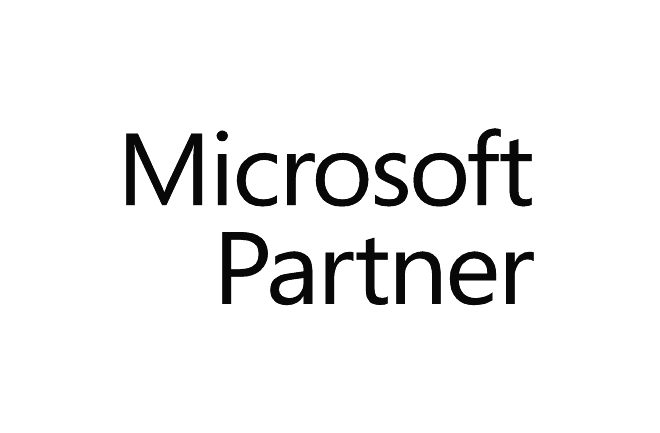This course teaches developers how to create application using the SQL API and SDK for Azure Cosmos DB. Students will learn how to write efficient queries, create indexing policies, manage and provisioned resources, and perform common operations with the SDK. |
Audience | Software engineers tasked with authoring cloud-native solutions that leverage Azure Cosmos DB SQL API and its various SDKs. They are familiar with C#, Python, Java, or JavaScript. They also have experience writing code that interacts with a SQL or NoSQL database platform. |
Prerequisites | Before attending this course, students must have: - Knowledge of Microsoft Azure and ability to navigate the Azure portal (AZ-900 equivalent)
- Experience writing in an Azure-supported language at the intermediate level. (C#, JavaScript, Python, or Java)
- Ability to write code to connect and perform operations on a SQL or NoSQL database product. (SQL Server, Oracle, MongoDB, Cassandra or similar)
|
Objectives | Skills gained: - Create and configure Azure Cosmos DB SQL API account, database, and container
- Use the .NET SDK to manage resources and perform operations
- Perform queries of varying complexity
- Design a data modeling and partitioning strategy
- Optimize queries and indexes based on characteristics of an application
- Use the Azure Resource Manager to manage accounts and resources with CLI or JSON and Bicep templates
|
Contents | - Get started with Azure Cosmos DB for NoSQL
- Plan and implement Azure Cosmos DB for NoSQL
- Connect to Azure Cosmos DB for NoSQL with the SDK
- Access and manage data with the Azure Cosmos DB for NoSQL SDKs
- Execute queries in Azure Cosmos DB for NoSQL
- Define and implement an indexing strategy for Azure Cosmos DB for NoSQL
- Integrate Azure Cosmos DB for NoSQL with Azure services
- Implement a data modeling and partitioning strategy for Azure Cosmos DB for NoSQL
- Design and implement a replication strategy for Azure Cosmos DB for NoSQL
- Optimize query and operation performance in Azure Cosmos DB for NoSQL
- Monitor and troubleshoot an Azure Cosmos DB for NoSQL solution
- Manage an Azure Cosmos DB for NoSQL solution using DevOps practices
- Create server-side programming constructs in Azure Cosmos DB for NoSQL
|

